The tale of Sir Gawain and the Green Knight, immortalized in a 14th-century anonymous poem, is among the most popular of the Arthurian legends, second only to the quest for the Holy Grail. Yet, I would argue that it has never been successfully adapted to film—until now. Director David Lowery's new film, The Green Knight, takes some necessary liberties with the source material. But he also artfully weaves in elements and symbols from that source material to create a darkly brooding fantasy quest that is just as richly textured and layered as the medieval poem on which it is based.
(Major spoilers for the 14th-century medieval poem below; some additional spoilers for the film are below the gallery.)
Let's lay out the basics of the original poem before discussing the clever ways in which Lowery (A Ghost Story, Pete's Dragon) has reimagined it. As I've written previously, Sir Gawain and the Green Knight falls into the chivalric romance genre, relating a well-known story from Arthurian legend in distinctively alliterative verse. (Alliteration was all the rage at the time. I highly recommend J.R.R. Tolkien's translation from 1925 or Simon Armitage's 2008 translation, recently revised.)
On New Year's Day, King Arthur and the knights of the Round Table gather at Camelot to feast and exchange gifts. A mysterious Green Knight disrupts the festivities and proposes a different kind of exchange: any one of the knights may strike him with one blow with his axe; in return, the Green Knight will come back in a year to return the blow. Sir Gawain, the youngest of the knights and nephew to Arthur, accepts the challenge and beheads the Green Knight. Everyone is shocked when the Green Knight picks up his severed head. He says Gawain must meet him at the Green Chapel one year hence to receive a similar blow, per their bargain.
As the deadline approaches, Gawain embarks on a quest to find the Green Chapel, having plenty of adventures and battles along the way. Finally, he arrives at a castle, and the lord and lady invite him to stay as their guest. The lord, Bertilak de Hautdesert, proposes another bargain: he will go out hunting every day and give Gawain whatever he catches, provided Gawain gives the lord anything he gains during the same day. And every day, the lady of the castle attempts to seduce the young knight while her husband is away. Gawain is caught between two competing codes: the code of chivalry demands that he not betray his host's trust by sleeping with his wife, but the code of courtly love that demands that he do whatever a damsel requests.
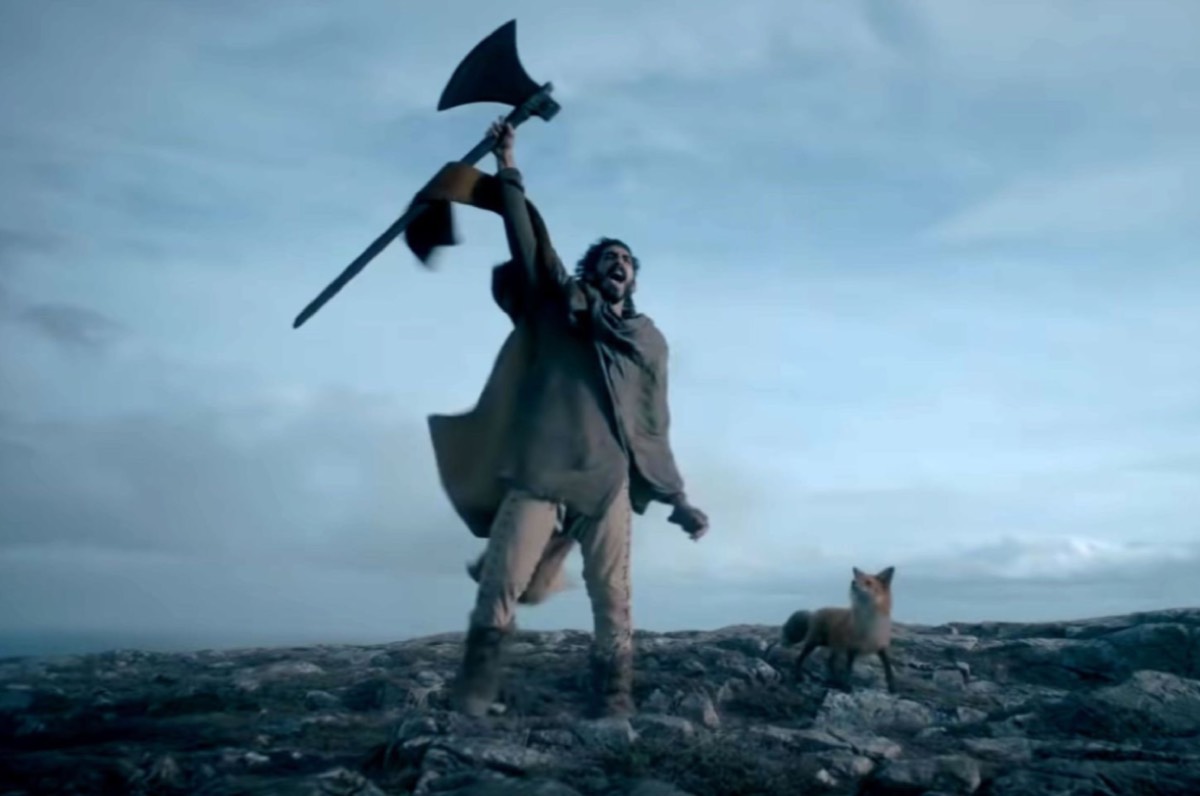

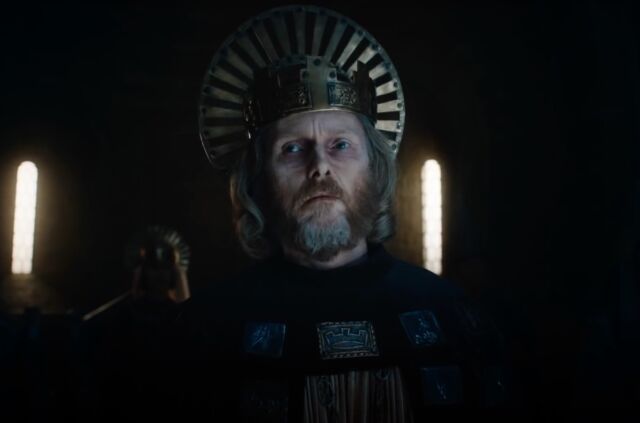
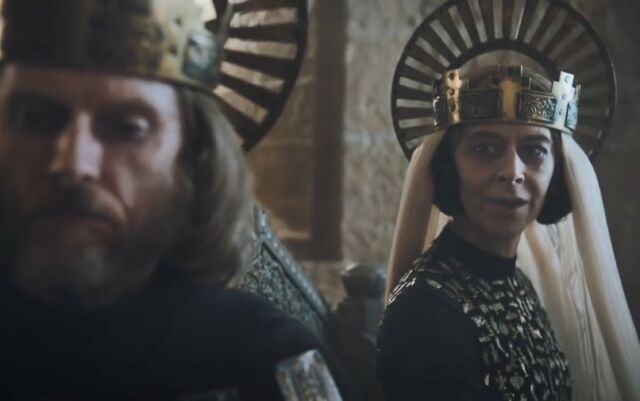
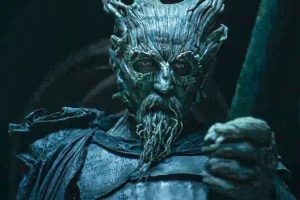
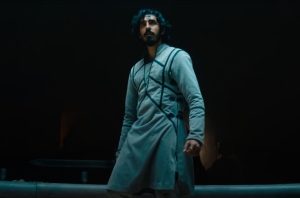



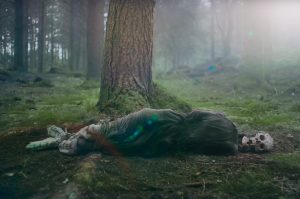
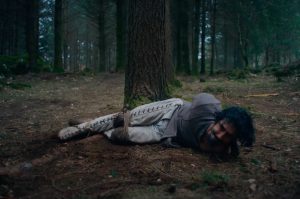



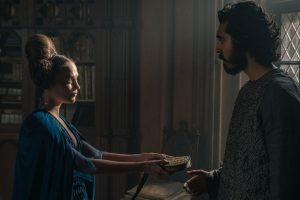
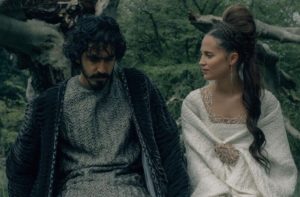

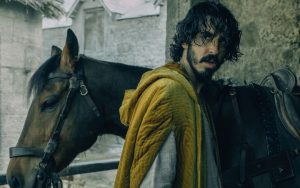


 Loading comments...
Loading comments...
